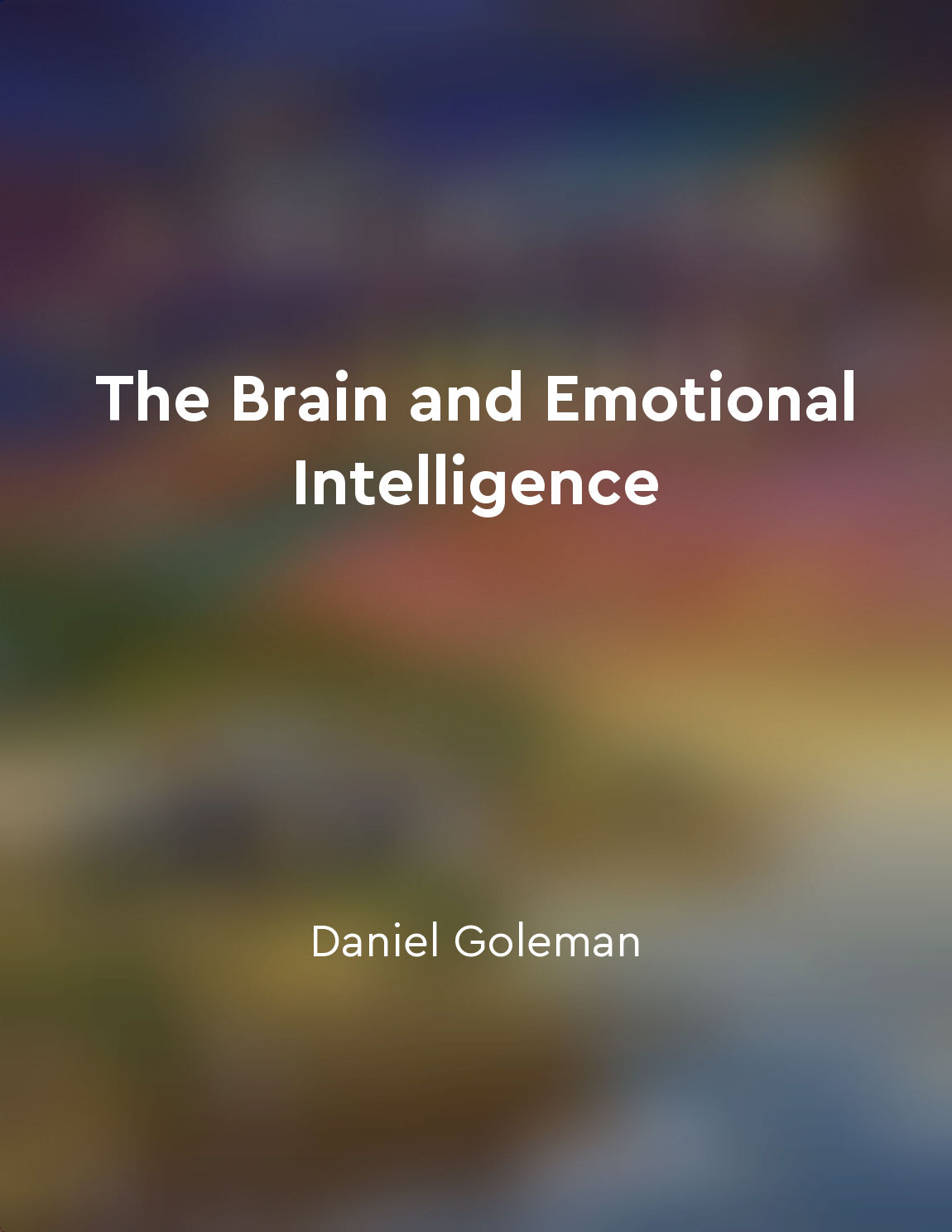Audio available in app
Brain responds to social threats from "summary" of Your Brain at Work by David Rock
When we perceive a social threat, our brain triggers a reflexive response aimed at protecting us from harm. This response is rooted in our evolutionary history, where social bonds were crucial for survival. In the modern world, these threats can take many forms, from a harsh comment at work to a perceived rejection from a friend. Regardless of the specific trigger, our brain treats social threats as serious dangers. One key aspect of the brain's response to social threats is the activation of the amygdala, a small structure deep in the brain responsible for processing emotions. When we perceive a social threat, the amygdala sends out signals that trigger the release of stress hormones, preparing our body for a fight-or-flight response. This process happens quickly and automatically, often before we are consciously aware of the threat. In addition to the amygdala, the prefrontal cortex also plays a crucial role in how we respond to social threats. ...Similar Posts
Setting goals helps maintain focus
In order to maintain focus and resist temptation, setting specific goals is crucial. When you have a clear goal in mind, your b...

Challenge yourself to think beyond your comfort zone
When faced with new or challenging situations, our brains often default to familiar patterns of thinking. This is because our b...

Emotional intelligence is a valuable skill in personal and professional life
Emotional intelligence is a critical asset in navigating the complexities of personal and professional life. This skill enables...
Humans are complex beings with behavior influenced by various factors
Humans are like no other species. We are capable of incredible acts of kindness and generosity, yet we are also capable of unsp...
Emotional intelligence is linked to academic and professional success
The ability to understand and manage emotions, known as emotional intelligence, has a significant impact on both academic and p...
Mindful speech can improve relationships and wellbeing
Mindful speech has the power to transform the quality of our relationships and enhance our overall sense of well-being. When we...

Emotions can influence cognitive processes
In our complex brains, emotions and cognitive processes are deeply intertwined. When we experience emotions, such as happiness,...

The respiratory system facilitates gas exchange
The respiratory system plays a crucial role in the exchange of gases within the body. This process involves the intake of oxyge...
Suppressing emotions can lead to physical and emotional distress
When we suppress our emotions, we attempt to contain them within ourselves, often because we believe they are inappropriate or ...
Mindfulness can help trauma survivors stay present in the moment
Mindfulness can be a powerful tool for trauma survivors to stay present in the moment. By focusing on their breath, bodily sens...

